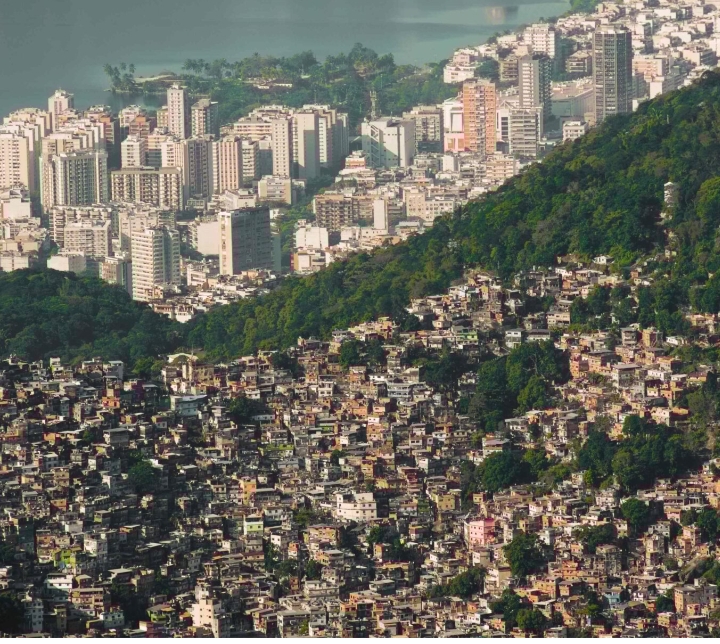Sustainable Cities Necessitate Inclusive Planning, Affordable Housing

Stakeholders have underscored the pressing need for policies that promote affordable housing, inclusive urban planning, and sustainable city development to fulfill the aspirations of Nigeria’s burgeoning youth population.
This appeal was made at a commemorative event for International Youth Day 2025, themed “An Evening with the Future: Youth, Urbanisation and Global Possibilities,” organized by HipCity Innovation Centre in Abuja.
The high-level dialogue assembled representatives from diplomatic missions, the Federal Ministry of Housing and Urban Development, the Federal Capital Development Authority (FCDA), the FCT Department of Mass Housing, the Urban and Regional Planning Department, the Area Council Services Secretariat, youth groups, and civil society organizations.
In his keynote address, Executive Director of HipCity Innovation Centre, Bassey Bassey, cautioned that without deliberate policy interventions, the divide between Nigeria’s rapidly expanding youth population and opportunities in urban life would continue to widen.
He lamented the soaring housing costs that have rendered it nearly impossible for young individuals to secure decent homes, noting that even a year’s minimum wage no longer suffices to rent in well-planned neighborhoods.
“This economic reality is compelling thousands of young people into overcrowded, unplanned settlements devoid of basic amenities,” Bassey remarked. “These areas remain susceptible to sudden evictions and demolitions. The insecurity of tenure is a ticking social time bomb that policymakers can no longer afford to overlook.”
Elucidating the contradictions of urban life, Bassey noted that many young Nigerians still refer to moving from one neighborhood to another within the same city as “entering town,” highlighting their exclusion from the benefits of urban living.
“We profess to reside in the city, but the truth is that most young individuals are, in essence, villagers in the city. They hustle and sleep here but are deprived of the opportunities, services, and dignity that genuine urban citizenship should offer,” he stated.
He further warned that inadequate housing, escalating food prices, unsafe public spaces, and exclusion from urban planning processes are diminishing the quality of life for young people and exerting pressure on their mental health.
In response, the Minister of Housing and Urban Development, Arc Ahmed Dangiwa, reaffirmed the Federal Government’s commitment to addressing Nigeria’s housing deficit.
Represented by the Director of Urban Renewal and Slum Upgrade, Hashimu Sa’idu, Dangiwa stated that new policies would expand affordable housing schemes, broaden access to mortgage financing, and enhance collaboration with states and the private sector.
He emphasized that inclusive urban planning is pivotal to constructing sustainable cities, assuring participants that youth groups and civil society would remain engaged in shaping responsive housing policies.
Diplomatic representatives from Mexico, Uganda, and other international partners also pledged support for Nigeria’s initiatives, particularly in advancing green infrastructure, climate-smart housing, and skills development for urban youth.
The forum concluded with a collective call for stronger partnerships among government agencies, development partners, and youth-led organizations to ensure Nigerian cities of the future are inclusive, livable, and resilient.









